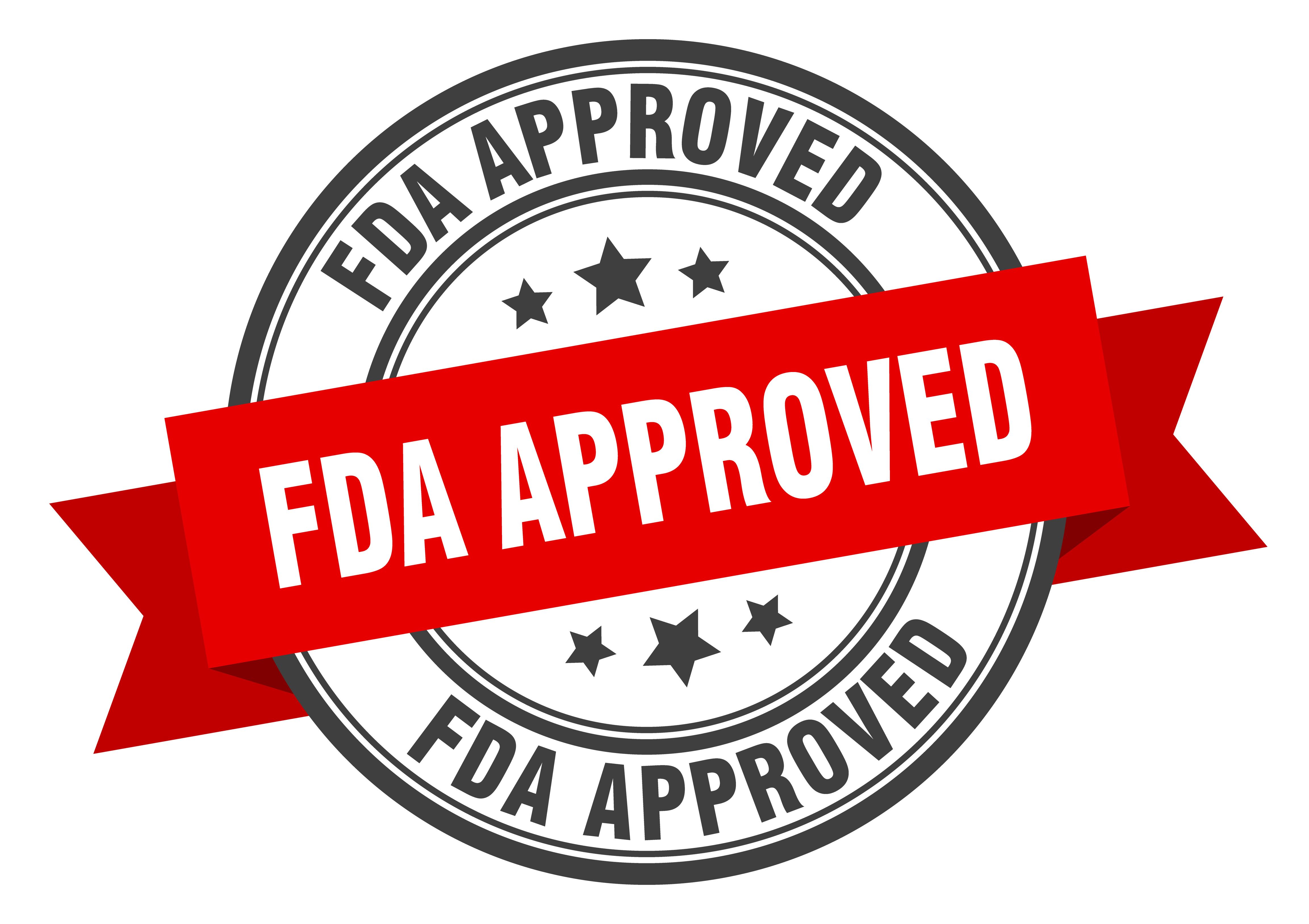- Center on Health Equity & Access
- Clinical
- Health Care Cost
- Health Care Delivery
- Insurance
- Policy
- Technology
- Value-Based Care
FDA Grants Approval for Empagliflozin in Chronic Kidney Disease
This approval marks the fourth endorsement by the FDA for empagliflozin, all of which have been linked to the EMPOWER program.
Aquir – stock.adobe.com

The FDA has approved empagliflozin (Jardiance) 10 mg tablets to reduce the risk of sustained decline in estimated glomerular filtration rate (eGFR), end-stage kidney disease, cardiovascular death, and hospitalization in adults with chronic kidney disease (CKD) at risk of progression.
Empagliflozin is a sodium-glucose cotransporter 2 (SGLT2) inhibitor used to treat type 2 diabetes (T2D), reduce the risk of cardiovascular death in patients with heart failure, and treat T2D in patients with established cardiovascular disease.
This news was announced in a joint press release from Boehringer Ingelheim and Eli Lilly.1
"This approval provides healthcare professionals in the U.S. with another treatment option for adults with CKD that can reduce the risk of kidney function decline, kidney failure, cardiovascular death and hospitalizations," said Katherine Tuttle, MD, executive director of research at Providence Inland Northwest Health, regional principal investigator of the Institute of Translational Health Sciences and professor of medicine at the University of Washington, and steering committee member of the EMPA-KIDNEY trial. "The meaningful benefits that empagliflozin demonstrated in the EMPA-KIDNEY phase III trial are welcome news for adults living with CKD in this country."
This approval marks the fourth endorsement by the FDA for empagliflozin, all of which have been linked to the EMPOWER program. More than 700,000 adults worldwide have participated in clinical trials for this drug.
In the press release, Mohamed Eid, MD, MPH, MHA, vice president of clinical development and medical affairs, cardio-renal-metabolism and respiratory medicine at Boehringer Ingelheim Pharmaceuticals, Inc, emphasized the gravity of the CKD issue in the United States. He explained that over 90% of CKD cases remain undiagnosed, and CKD continues to be a vastly under-recognized public health crisis. Eid also pointed out that hospitalizations account for a substantial portion—between a third and a half—of health care costs for this patient group, with disease progression leading to severe cardiovascular complications and kidney failure, often necessitating dialysis or transplantation.
“Given the clinically demonstrated benefits of Jardiance, we are proud to now be able to offer this option to adults with CKD at risk for progression,” said Eid.
According to the CDC, an estimated 14% of all US adults have CKD, with most not even knowing they have it.2 Diabetes is the leading cause of kidney disease, with about 1 in 3 adults with diabetes having kidney disease. In 2020, nearly 40% of reported cases of end-stage kidney disease were causes by diabetes, making this FDA approval important to this population.
"Following previous indications for Jardiance in heart failure and type 2 diabetes, this FDA approval now provides physicians, including nephrologists, with an important treatment option for adults living with CKD at risk for progression," said Leonard Glass, MD, FACE, senior vice president of diabetes global medical affairs at Lilly. "Alongside the recent CKD approval for Jardiance in the EU, this decision further bolsters our efforts to support this community globally."
The EMPA-KIDNEY trial was a large-scale endeavor designed to encompass a wide spectrum of adults with CKD, with or without T2D, enrolling more than 6600 patients based on specific inclusion and exclusion criteria. Patients included in the trial had an eGFR between 20 and 45 mL/min/1.73 m2 or an eGFR between 45 and 90 mL/min/1.73 m2, coupled with a urine albumin to creatinine ratio of ≥ 200 mg/g. Patients were deemed suitable for treatment with an SGLT2 inhibitor by local investigators.
Individuals were excluded if they had both T2D and prior atherosclerotic cardiovascular disease with an eGFR below 60 mL/min/1.73 m2, had type 1 diabetes, had a functioning or scheduled kidney transplant, were on dialysis, had polycystic kidney disease, or required or had a recent history of intravenous immunosuppressive therapy or more than 45 mg of prednisone or equivalent for kidney disease.
In the EMPA-KIDNEY trial, empagliflozin demonstrated a 28% relative risk reduction, equivalent to an absolute risk reduction of 3.6% per patient-year at risk, compared to the placebo group. This reduction pertained to the composite primary endpoint of kidney disease progression or cardiovascular death. The event rate for was 13.1%, for empagliflozin and 16.9% for the placebo group.
EMPA-KIDNEY also marked a milestone as the first SGLT2 inhibitor CKD trial to showcase a substantial reduction in the risk of both initial and recurrent hospitalizations, a pre-specified key secondary endpoint. In this aspect, empagliflozin exhibited a 14% relative risk reduction, with event rates of 24.8 events per 100 patient-years in the empagliflozin group and 29.2 events per 100 patient-years in the placebo group. This translated to 1611 hospitalizations among 960 patients receiving empagliflozin, and 1895 hospitalizations among 1035 patients receiving placebo.
References
- US FDA approves Jardiance for the treatment of adults with chronic kidney disease. News release. Eli Lilly and Company. September 22, 2023. Accessed September 22, 2023. https://www.prnewswire.com/news-releases/us-fda-approves-jardiance-for-the-treatment-of-adults-with-chronic-kidney-disease-301936176.html
- Centers for Disease Control and Prevention. Chronic kidney disease in the United States, 2023. Accessed September 22, 2023. https://www.cdc.gov/kidneydisease/publications-resources/ckd-national-facts.html
HEDIS Glycemic Goal Achieved Using Control-IQ Technology
December 22nd 2025A greater proportion of patients with type 1 diabetes who used automated insulin delivery systems vs multiple daily injections achieved the Healthcare Effectiveness Data and Information Set (HEDIS) glycemic measure.
Read More
